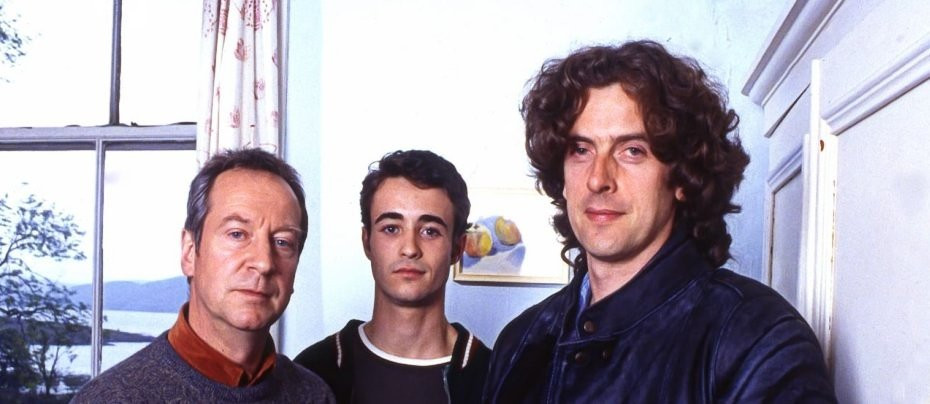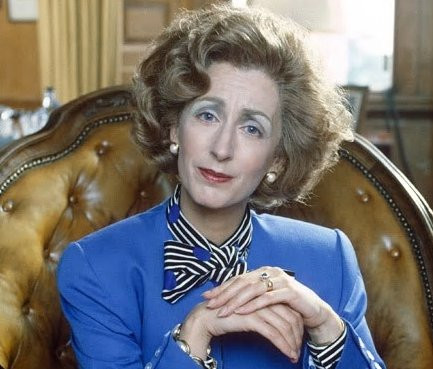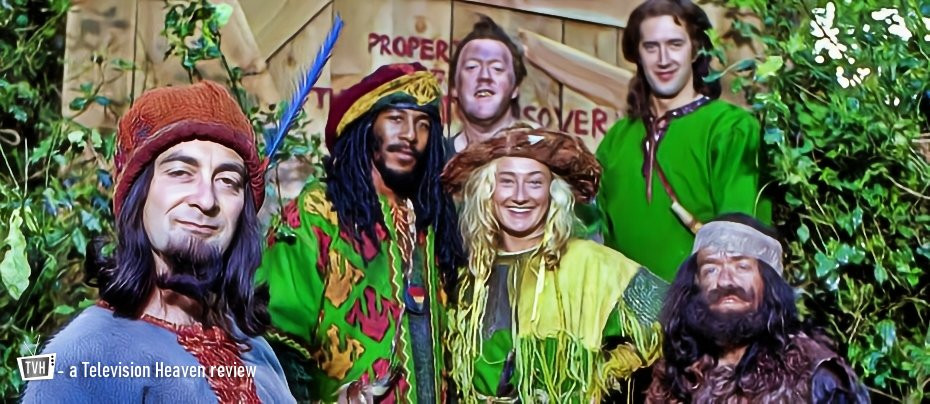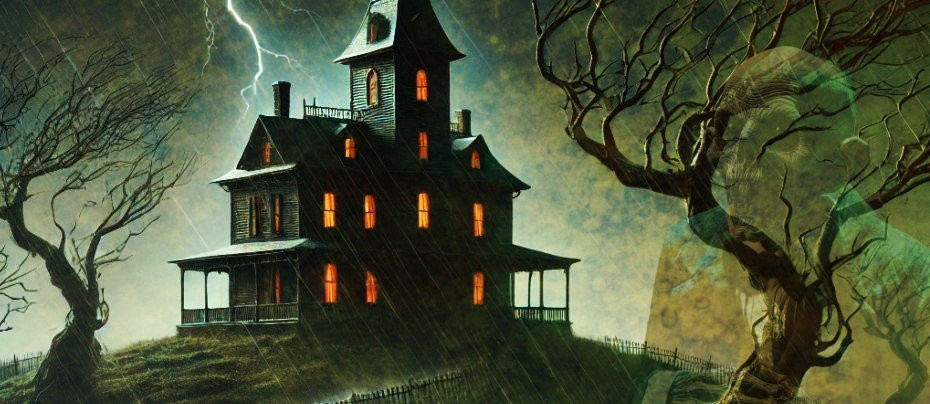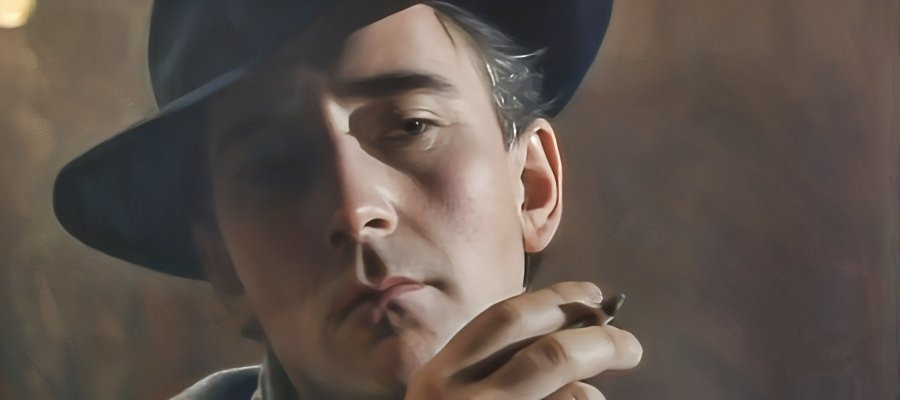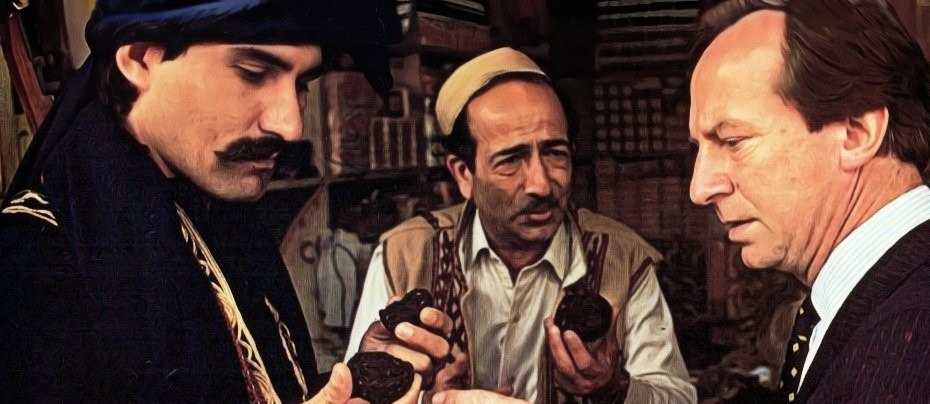
Traffik
1989 - United KingdomA compelling and gritty exploration of the global drug trade, weaving together an intricate narrative that exposes the multifaceted dimensions of this illicit industry, Traffik, directed by Alastair Reid and written by Simon Moore, is a six-part series that stands as a remarkable piece of television that not only captivated audiences in its time but also left a lasting impact.
In London, Jack Lithgow (Bill Paterson) is a home office minister assigned to a project that encourages Pakistani farmers to replace their poppy fields with sugar cane, aiming to reduce opium production in the country where local organized crime figures harness it for heroin production for worldwide distribution.
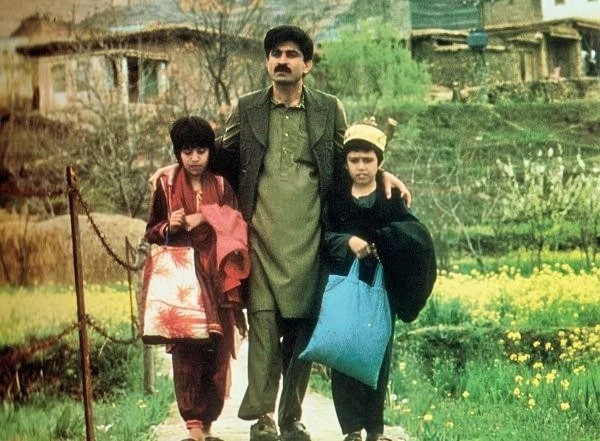
In Pakistan, where the opium is a highly socialised drug but alcohol is illegal, Fazal (Jamal Shah) is a poor farmer who turns to poppy cultivation to support his family, highlighting the socio-economic factors that drive individuals to participate in drug production. His story is a poignant reminder of the desperation and lack of opportunities that fuel the drug trade at its very roots. When Pakistani reformers burn his poppy fields, Fazal moves to Karachi and works for the city's big heroin trafficker.
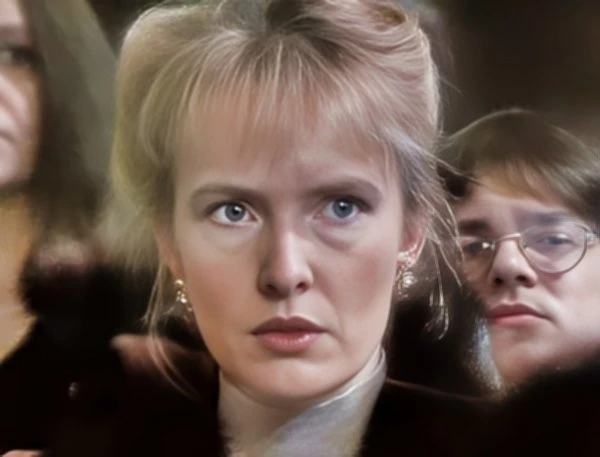
In Germany, Helen Rosshalde (Lindsay Duncan) has her life upended when her husband, Karl (Fritz Müller-Scherz), is arrested and imprisoned for drug trafficking. Unaware up to this point that her husband is a major drug tycoon and not the head of a legitimate company, she struggles to stabilize her family's finances and safeguard her two young daughters as her financial situation worsens. In an effort to save her property from mounting debts she rebuilds her husband’s business. As she becomes more involved in illicit activities, Helen's transformation from a naive wife to a complicit partner, even arranging the murder of a witness against her husband, provides a gripping portrayal of moral descent and the seductive power of wealth.
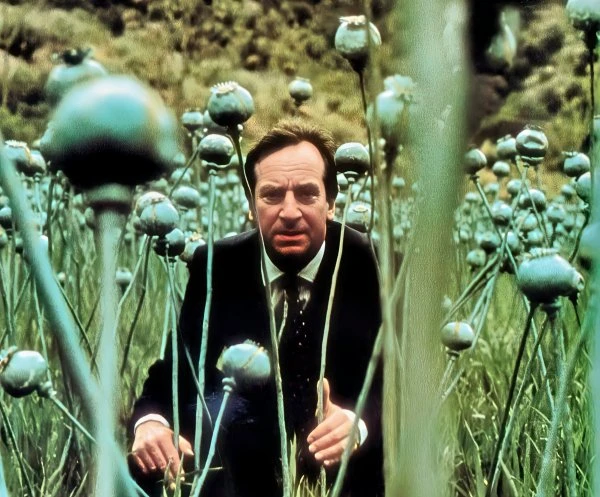
In the meantime, Jack, returning to England, discovers that his 17-year-old daughter, Caroline (Julia Ormond), is addicted to heroin. Conflicted between his political and personal life, Jack's struggle to combat the drug epidemic has been put into perspective by a colleague who tells him: "We cannot police the world. We cannot stop supplies. We can only limit the demand for it by producing a decent society that people want to live in, not escape from." The inner turmoil of a man torn between his public duty and private anguish results in his career and family life falling into ruination as he is forced to resign his post and find a way to help Caroline into a rehab program, before it is too late for her.
Reviewing the series in the Daily Herald, critic Gordon Walek noted that: "When Lithgow's daughter shoots up, you can feel the needle. Her nose runs. She vomits. When her father finds her, you can feel his despair. And you can see him change from a man with a mission who thought he knew the answers to a man who thinks he knows nothing."
Traffik took two years to research and five months to film. During his extensive research, Simon Moore had to rewrite scenes of the heroin being manufactured after the complex manner that he had originally described were scoffed at by poppy growers who informed him that all was required was "a tin bucket, some water, a few stones and a cloth to train it through." Neither did it need much water as another poppy grower explained. "They are just weeds - the richest weeds in the world." The most depressing lesson that he learned was that "if the drugs were wiped out of Asia, South Africa would step up and be ready to take its place just a few years later."
As the series interweaves three main storylines set in different parts of the world: Pakistan, Germany, and the United Kingdom, each provide a distinct perspective on the drug trade, from production and trafficking to law enforcement and political oversight. This triptych approach not only enhances the series' realism but also underscores the interconnected nature of the drug trade. It does not shy away from depicting the harsh realities faced by individuals at every level of this global industry, from impoverished farmers to high-ranking officials. The series' cinematography is equally impressive, capturing the stark contrasts between the lush poppy fields of Pakistan, the urban landscapes of Germany, and the bureaucratic environments of the UK, contributing to the series' overall sense of realism.
The performances in Traffik are uniformly excellent, with Paterson and Duncan delivering standout roles. His depiction of a conflicted politician adds depth to the narrative, while her portrayal of Helen is compelling. It was nominated for six British Academy of Film and Television Arts Awards winning Best Drama among the four it garnered. It also won an International Emmy Award for Best Drama following its airing in the United States under the Masterpiece Theatre banner. Two American version were made, a three-part miniseries and a 2000 movie adaptation which won four Academy Awards, proving that Traffik is a landmark series that remains relevant, decades after its release.
Seen this show? How do you rate it?
Seen this show? How do you rate it?
Published on June 24th, 2024. Written by Laurence Marcus for Television Heaven.


